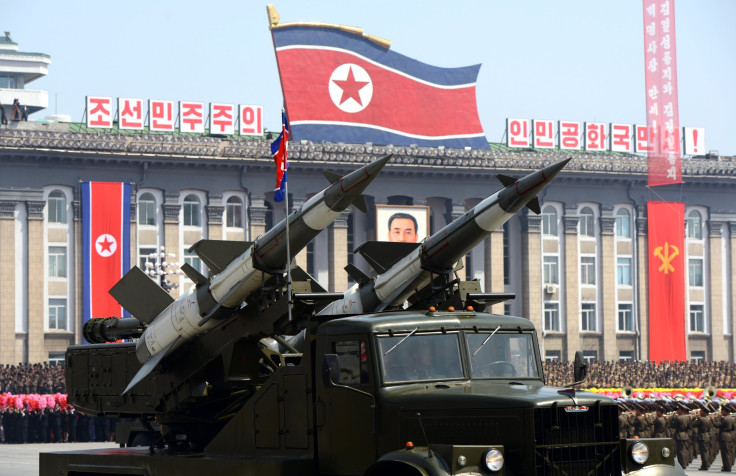North Korea News: Kim Jong Un's Regime Rejects US Decision To Postpone Joint Military Exercises With South Korea

The North Korean government said Tuesday that the U.S. decision to postpone its military exercises with South Korea is not sufficient enough to restart nuclear negotiations. North Korea has frequently criticized joint U.S.-South Korea exercises as preparation for an invasion and has claimed that it jeopardizes any possible diplomatic deal regarding the country's controversial nuclear program.
"The U.S. tries to make a good impression as if it contributes to peace and stability on the Korean Peninsula," Senior North Korean official Kim Yong Choi said about the decision. "But we demand that the U.S. quit the drill or stop it once and for all."
U.S. Defense Secretary Mark Esper announced the decision Sunday to indefinitely postpone the drills, saying that it is an "act of goodwill" towards North Korea. The move is an attempt to jumpstart U.S.-North Korean nuclear negotiations, with North Korea committing to a path of denuclearization in exchange for reduced sanctions against the isolated Asian nation.
Last month, negotiations between the U.S. and North Korea failed in Sweden on the first day of talks. President Donald Trump and North Korean leader Kim Jong Un have also met in Vietnam and Singapore in the last two years to hash out a deal but without success.
A top South Korean official said in October 2018 that North Korea could have as many as 60 nuclear weapons.
The U.S. has over 23,000 troops in South Korea, which could help protect the country from a possible North Korean attack. North Korea and South Korea are still technically in a state of war.
The Trump administration has pushed for South Korea to pay more for its defense, asking for $5 billion this year from Seoul.
On Tuesday, U.S. officials cut short negotiations with South Korea on the payment issue, with State Department negotiator James DeHart saying that South Korea was "unresponsive" to U.S. demands.
© Copyright IBTimes 2024. All rights reserved.





















